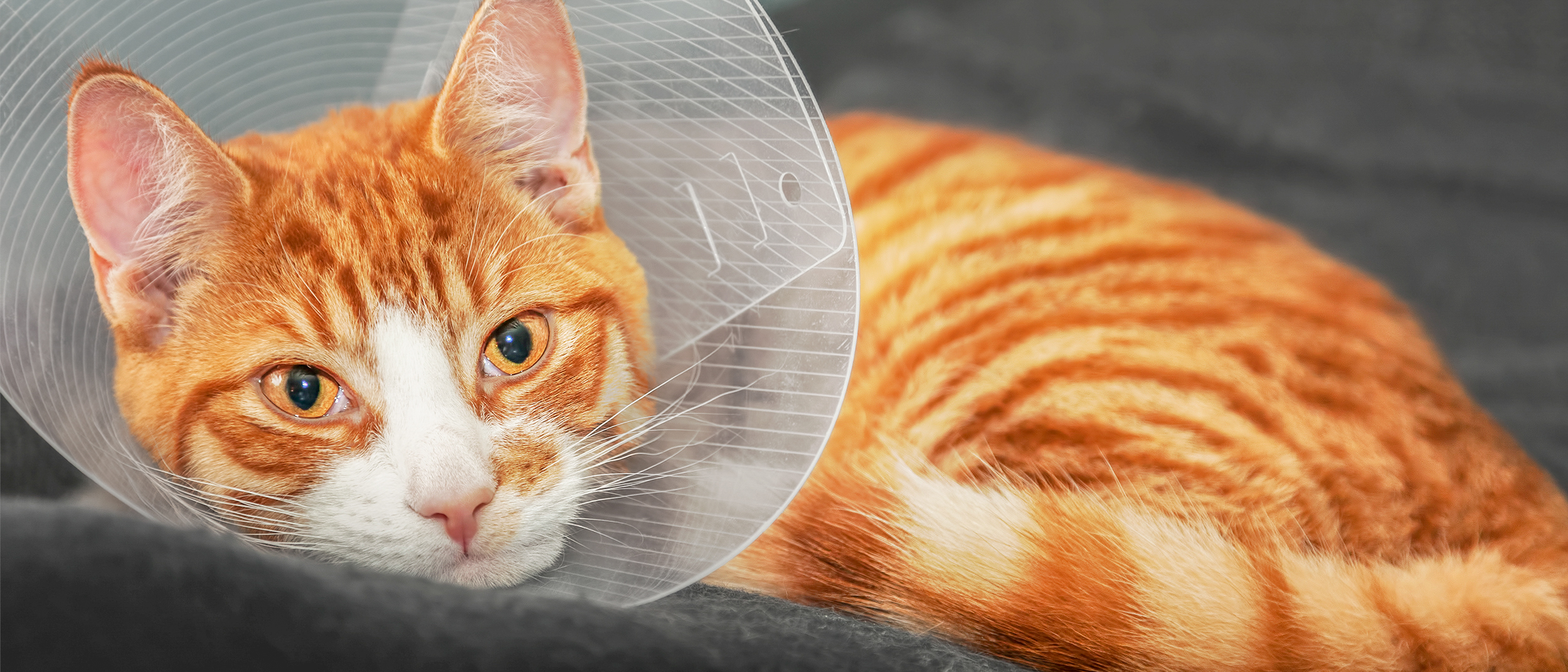Should I neuter my male cat?

Having your kitten neutered is a common procedure with plenty of benefits for your cat and your home. However, it’s not a decision to be made quickly, especially if you’re interested in having a litter of kittens in the future.
What is neutering?
Neutering is the term used for the neutering of male cats. In female cats, this is called spaying, although sometimes neutering is used to refer to sterilizing male or female animals.
How does neutering work?
It works by eliminating sex hormones in your cat. For male cats, their testicles are removed so they will no longer produce sperm that can fertilize the egg of a female cat, and therefore they are no longer able to reproduce. The operation is performed by a veterinarian.
When’s the best time to have my kitten neutered?
Ideally, you should have your kitten neutered around puberty; in male cats, this is between six to twelve months old. Male cats tend to reach sexual maturity, and therefore begin looking for a mate, between seven and twelve months old. Neutering can be done successfully from as young as three months. Your veterinarian will be able to advise you on the best time for your kitten.
Why should I get my kitten neutered?
The central benefit to having your kitten neutered is that it removes the possibility of having unwanted litters, which can be difficult to manage and send on to a good home. It also reduces the likelihood of your cat contracting or spreading an STI, as their desire to mate is reduced. Their desire to fight is similarly reduced, which may bring with it the benefit of a quieter and more peaceful home environment.
How will my kitten’s diet change?
After neutering, your kitten’s nutritional needs change. Its energy requirements go down by about 30%, but its appetite will increase by approximately 20-25%. As your kitten is still growing and needs energy to develop healthy muscles and body mass, it’s important to give it a food that covers its adjusted nutritional requirements. A food designed for spayed or neutered cats may be a good option. Consult with your veterinarian for a nutritional recommendation.
What other complications can there be with neutering?
Male cats are at a high risk of becoming obese after they’ve been neutered, and this can lead to further, long-term health problems. This can include joint disease, diabetes and urinary problems. If you decide to have your kitten neutered, keep a close eye on their calorie intake and engage them with playful activities to help manage their weight.
Neutering can be a beneficial procedure for both your cat and your home environment. For more information, talk to your veterinarian who will be able to help you decide whether it’s right for your cat.
Related Articles
Tailored nutrition for your kitten
Nutritional formulas that help to build your kitten's natural defences, support healthy growth, and aid in digestive system development.
Like & share this page